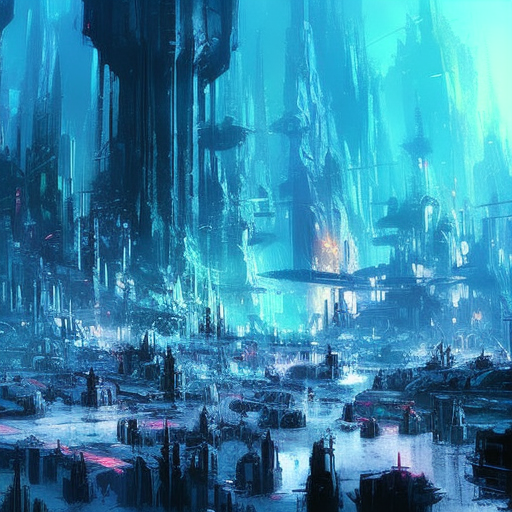One-line summary:
In the dystopian future of “Snow Crash,” a hacker and a sword-wielding courier team up to uncover a conspiracy involving a powerful drug and a linguistic virus that threatens to destroy society.
In Neal Stephenson’s cyberpunk novel “Snow Crash,” readers are transported to a near-future America where corporations reign supreme and virtual reality is a way of life. The story follows the adventures of Hiro Protagonist, a skilled hacker and pizza delivery driver, as he navigates a world on the brink of collapse. With its blend of action, satire, and thought-provoking themes, “Snow Crash” offers a thrilling exploration of technology, linguistics, and the power of information.
Virtual Reality and the Metaverse
One of the central concepts in “Snow Crash” is the idea of the Metaverse, a virtual reality universe where people can interact, socialize, and conduct business. In this futuristic world, the Metaverse is a sprawling digital landscape that mirrors the physical world, complete with its own economies, social hierarchies, and even criminal activities. Stephenson’s vivid descriptions of the Metaverse immerse readers in a visually stunning and immersive virtual world.
Within the Metaverse, Hiro Protagonist is a renowned hacker and sword-wielding warrior who goes on daring adventures and battles virtual foes. The Metaverse serves as both an escape from the harsh realities of the physical world and a reflection of society’s obsession with technology and escapism. Stephenson’s exploration of virtual reality raises questions about the potential consequences of relying too heavily on digital realms for social interaction and personal fulfillment.
The Power of Language
Another key theme in “Snow Crash” is the power of language and its ability to shape and control society. The novel introduces the concept of the “Snow Crash” virus, a linguistic virus that infects the minds of those who read or hear it, rendering them docile and easily manipulated. This virus is transmitted through a drug of the same name, which becomes a central plot point in the story.
Stephenson delves into the history of language and its connection to human cognition, exploring the idea that language itself is a form of programming. He suggests that language can be used as a tool for control and manipulation, with powerful entities using it to shape public opinion and maintain their dominance. Through the character of Hiro, who possesses a unique linguistic ability, the novel explores the potential for language to be a force for liberation and resistance against oppressive systems.
“Snow Crash” also tackles the issue of social and economic inequality in a future where corporations have become more powerful than governments. The novel portrays a stark divide between the wealthy, who live in fortified enclaves and enjoy the luxuries of advanced technology, and the impoverished masses who struggle to survive in decaying urban areas known as “the Burbclaves.”
Stephenson’s depiction of this stark contrast highlights the consequences of unchecked capitalism and the dangers of a society where wealth and power are concentrated in the hands of a few. The novel explores the implications of a world where corporations have become de facto governments, blurring the lines between business and politics.
Overall, “Snow Crash” is a thrilling and thought-provoking novel that delves into the realms of virtual reality, the power of language, and the consequences of social and economic inequality. Through its engaging narrative and thought-provoking themes, the book offers a cautionary tale about the potential pitfalls of a hyper-technological society.
- Virtual reality and the Metaverse as a reflection of society’s obsession with technology and escapism.
- The power of language as a tool for control and manipulation, as well as a force for liberation and resistance.
- The consequences of social and economic inequality in a future dominated by corporations.
“Until a man is twenty-five, he still thinks, every so often, that under the right circumstances he could be the baddest motherfucker in the world. If I moved to a martial-arts monastery in China and studied real hard for ten years. If my family was wiped out by Colombian drug dealers and I swore myself to revenge. If I got a fatal disease, had one year to live, and devoted it to wiping out street crime. If I just dropped out and devoted my life to being bad.”












